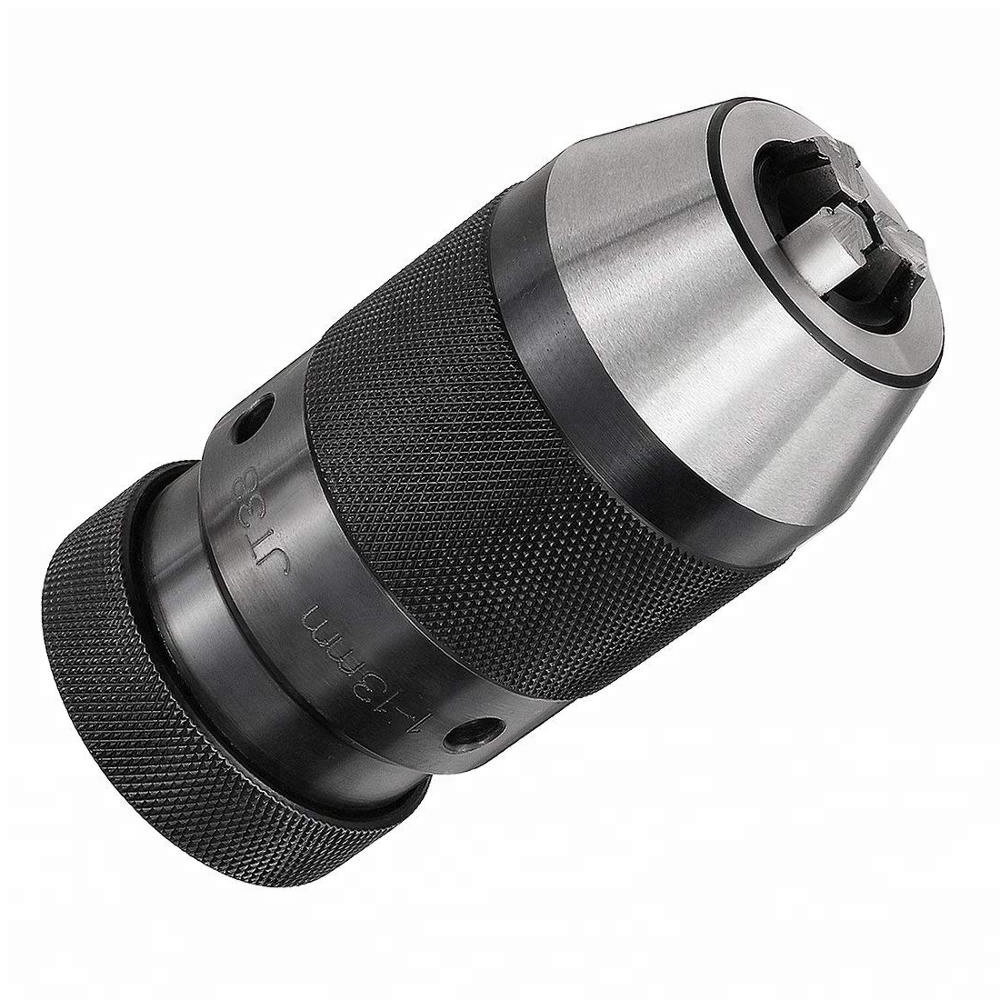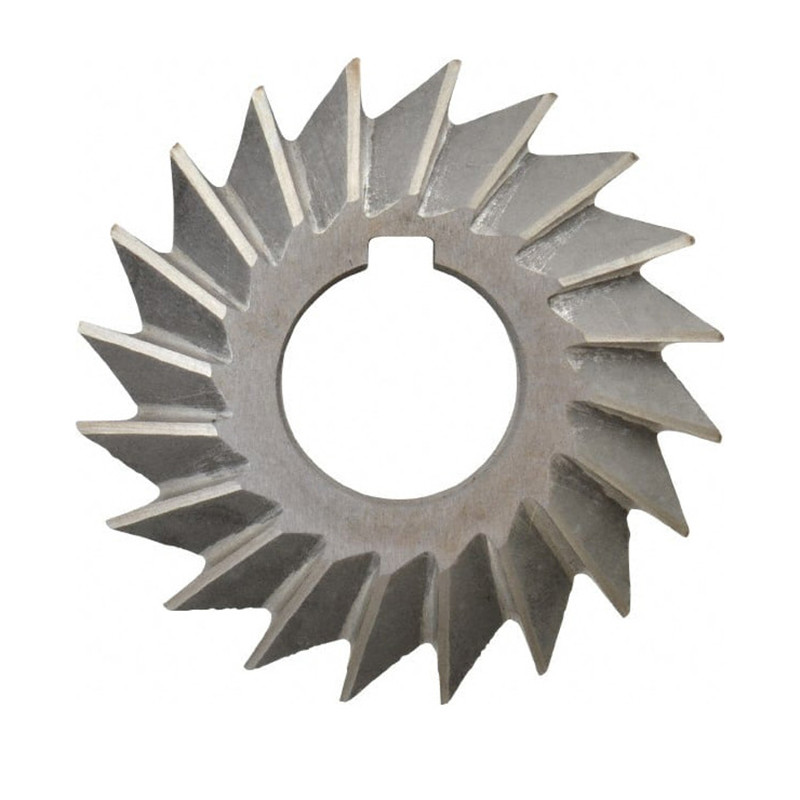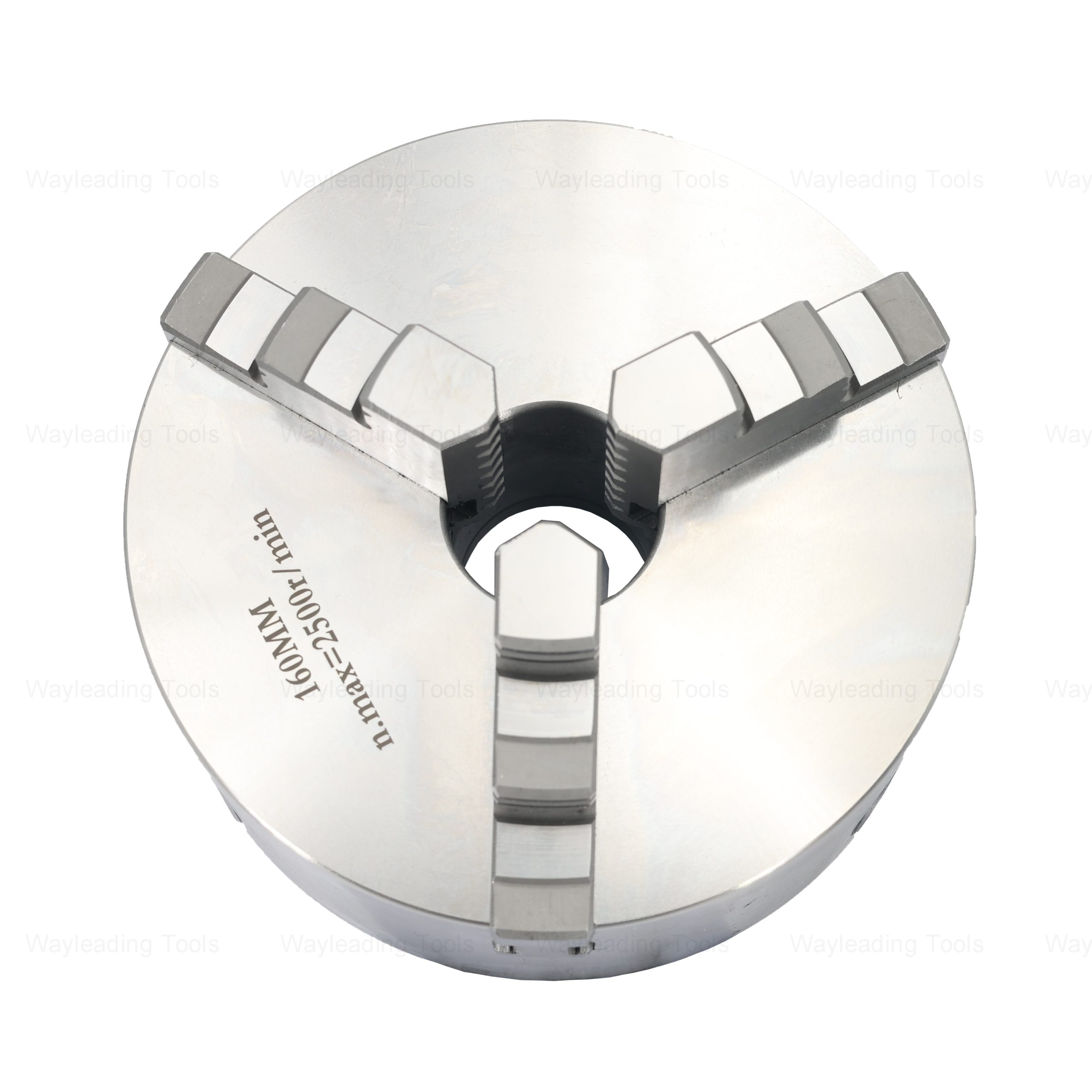High-Quality carbide drills
High-Quality carbide drills are essential for precision drilling in hard materials. This guide explores the benefits of carbide drills, different types available, factors to consider when choosing one, and best practices for their use and maintenance, ensuring optimal performance and longevity.
What are Carbide Drills and Why Choose Them?
Carbide drills are cutting tools made from tungsten carbide, a composite material consisting of tungsten and carbon atoms. These drills are known for their exceptional hardness, wear resistance, and ability to withstand high temperatures, making them ideal for drilling into materials like hardened steel, stainless steel, cast iron, and other tough alloys. Compared to high-speed steel (HSS) drills, high-quality carbide drills offer several advantages:
- Increased Cutting Speed: Carbide drills can operate at significantly higher cutting speeds than HSS drills, leading to faster drilling times.
- Extended Tool Life: Their superior wear resistance results in a longer lifespan, reducing the need for frequent replacements.
- Improved Hole Quality: Carbide drills produce cleaner, more accurate holes with minimal burring or chipping.
- Enhanced Productivity: The combination of faster cutting speeds and longer tool life contributes to increased overall productivity.
Types of Carbide Drills
The market offers a variety of high-quality carbide drills, each designed for specific applications. Here are some common types:
Solid Carbide Drills
These drills are made entirely of carbide, offering maximum rigidity and performance in demanding applications. Solid carbide drills are ideal for drilling deep holes and materials that require high precision. They are commonly used in CNC machining and other high-precision applications.
Carbide-Tipped Drills
Carbide-tipped drills feature a carbide tip brazed onto a steel body. This design provides a balance between performance and cost-effectiveness. They are suitable for a wide range of drilling applications, including general-purpose drilling and drilling into moderately hard materials.
Coolant-Fed Carbide Drills
Coolant-fed carbide drills have internal channels that deliver coolant directly to the cutting edge. This helps to dissipate heat, reduce friction, and flush away chips, resulting in improved drilling performance and extended tool life. These drills are essential for deep hole drilling and materials that generate a lot of heat during machining.
Indexable Carbide Drills
Indexable carbide drills use replaceable carbide inserts. When an insert becomes dull or damaged, it can be easily replaced without replacing the entire drill. This makes indexable drills a cost-effective option for high-volume drilling applications. Wayleading Tools offers a wide range of indexable carbide drills designed for optimal performance and longevity.
Factors to Consider When Choosing a Carbide Drill
Selecting the right high-quality carbide drills for your application is crucial for achieving optimal results. Consider the following factors:
- Material to be Drilled: The type of material you'll be drilling will determine the grade and type of carbide drill required. Harder materials like hardened steel require drills with a higher carbide content and a more robust design.
- Hole Diameter and Depth: The size and depth of the hole will influence the drill diameter, flute length, and shank type. Deep holes often require coolant-fed drills to prevent overheating and chip accumulation.
- Machine Tool: The capabilities of your machine tool, such as spindle speed and feed rate, will affect the type of carbide drill you can use. CNC machines can take advantage of the higher cutting speeds and feed rates that carbide drills offer.
- Tolerance Requirements: If precise hole dimensions are critical, choose a drill with tight tolerances and a geometry designed for accuracy.
- Cost: Consider the initial cost of the drill and its expected lifespan. While carbide drills are generally more expensive than HSS drills, their longer lifespan and improved performance can result in lower overall costs.
Best Practices for Using Carbide Drills
To maximize the performance and lifespan of your high-quality carbide drills, follow these best practices:
- Use the Correct Cutting Parameters: Consult the manufacturer's recommendations for spindle speed, feed rate, and depth of cut. Using incorrect parameters can lead to premature wear or breakage.
- Use Coolant: Coolant helps to dissipate heat, reduce friction, and flush away chips. Use a coolant appropriate for the material you're drilling and ensure that it is properly directed to the cutting edge.
- Ensure Proper Workholding: Securely clamp the workpiece to prevent vibration and movement during drilling. This will improve hole quality and prevent damage to the drill.
- Peck Drilling: For deep holes, use a peck drilling technique to break up chips and prevent them from packing in the hole. This involves drilling a short distance, retracting the drill to clear the chips, and then repeating the process.
- Regular Inspection: Inspect your carbide drills regularly for signs of wear or damage. Replace worn or damaged drills promptly to prevent further damage to the workpiece or machine tool.
Maintenance and Care of Carbide Drills
Proper maintenance and care can significantly extend the lifespan of your high-quality carbide drills. Follow these guidelines:
- Cleaning: After each use, clean your carbide drills to remove any chips, coolant, or debris. Use a soft brush or cloth to avoid damaging the cutting edges.
- Storage: Store your carbide drills in a dry, clean place to prevent corrosion. Use protective sleeves or cases to prevent damage during storage and handling.
- Sharpening: Carbide drills can be resharpened to restore their cutting performance. Use a specialized grinding wheel designed for carbide and follow the manufacturer's instructions for sharpening. If you don't have experience sharpening carbide drills, consider having them professionally resharpened.
Troubleshooting Common Problems
Even with proper use and maintenance, you may encounter occasional problems with your high-quality carbide drills. Here are some common issues and their solutions:
- Drill Breakage: This can be caused by excessive cutting speeds, feed rates, or depth of cut. Reduce these parameters and ensure proper workholding.
- Chipping: Chipping can occur if the drill is not sharp or if the material is too hard. Resharpen the drill or use a drill with a higher carbide content.
- Oversized Holes: Oversized holes can be caused by a worn drill or excessive vibration. Replace the drill or improve workholding.
- Poor Surface Finish: A poor surface finish can be caused by a dull drill or insufficient coolant. Resharpen the drill or increase the coolant flow.
Carbide Drills in Different Industries
High-quality carbide drills are essential tools across various industries, including:
- Aerospace: For drilling high-strength alloys like titanium and Inconel used in aircraft components.
- Automotive: For machining engine blocks, transmissions, and other critical parts.
- Medical: For manufacturing surgical instruments and implants from stainless steel and titanium.
- Electronics: For drilling printed circuit boards (PCBs) and other electronic components.
- Manufacturing: For general-purpose drilling in a wide range of materials and applications.
Comparing Carbide Drill Brands
Several reputable brands offer high-quality carbide drills. Some popular options include:
- Wayleading Tools: Known for their comprehensive range of carbide drills designed for various applications, focusing on durability and precision. Their commitment to quality and innovation makes them a trusted supplier.
- Sandvik Coromant: A leading global supplier of metal cutting tools, including carbide drills.
- Kennametal: Offers a wide range of carbide drills and tooling solutions.
- Guhring: Specializes in high-performance drilling tools, including carbide drills.
- Dormer Pramet: Provides a comprehensive range of cutting tools, including carbide drills for various applications.
Conclusion
Investing in high-quality carbide drills is a smart choice for anyone who needs to drill into hard materials with precision and efficiency. By understanding the different types of carbide drills, considering the factors that influence their performance, and following best practices for their use and maintenance, you can maximize their lifespan and achieve optimal results. Be sure to explore the options available from reputable suppliers like Wayleading Tools to find the perfect carbide drills for your specific needs.
Related products
Related products
Best selling products
Best selling products-
 Plain Back ER Collet Fixture With Lathe Collet Chuck
Plain Back ER Collet Fixture With Lathe Collet Chuck -
 DIN338 HSS Twist Drill Bit Fully Ground Or TiN Coated
DIN338 HSS Twist Drill Bit Fully Ground Or TiN Coated -
 HSS Keyway Broach With Metric And Inch Size, Push Type
HSS Keyway Broach With Metric And Inch Size, Push Type -
 Precision V Block And Clamps Set With High Quality Type
Precision V Block And Clamps Set With High Quality Type -
 Type A Cylinder Tungsten Carbide Rotary Burr
Type A Cylinder Tungsten Carbide Rotary Burr -
 Keyless Drill Chuck With Heavy Duty Type
Keyless Drill Chuck With Heavy Duty Type -
 Precision Monoblock Vernier Caliper With Nib Style Jaws Of Metric & Imperial For Industrial
Precision Monoblock Vernier Caliper With Nib Style Jaws Of Metric & Imperial For Industrial -
 HSS Inch & Metric Single Angle Milling Cutter For Industrial With Bright Or TiN Coated
HSS Inch & Metric Single Angle Milling Cutter For Industrial With Bright Or TiN Coated -
 DIN6537L Metric Solid Carbide Twist Drill With Internal Coolant & External Coolant
DIN6537L Metric Solid Carbide Twist Drill With Internal Coolant & External Coolant -
 K11 Series 3-Jaw Self-Centering Lathe Chuck – Scroll Type, for Manual Lathes
K11 Series 3-Jaw Self-Centering Lathe Chuck – Scroll Type, for Manual Lathes -
 5C Round Collet With Inch and Metric Size
5C Round Collet With Inch and Metric Size -
 Type G Arc Pointed Tree Tungsten Carbide Rotary Burr
Type G Arc Pointed Tree Tungsten Carbide Rotary Burr











